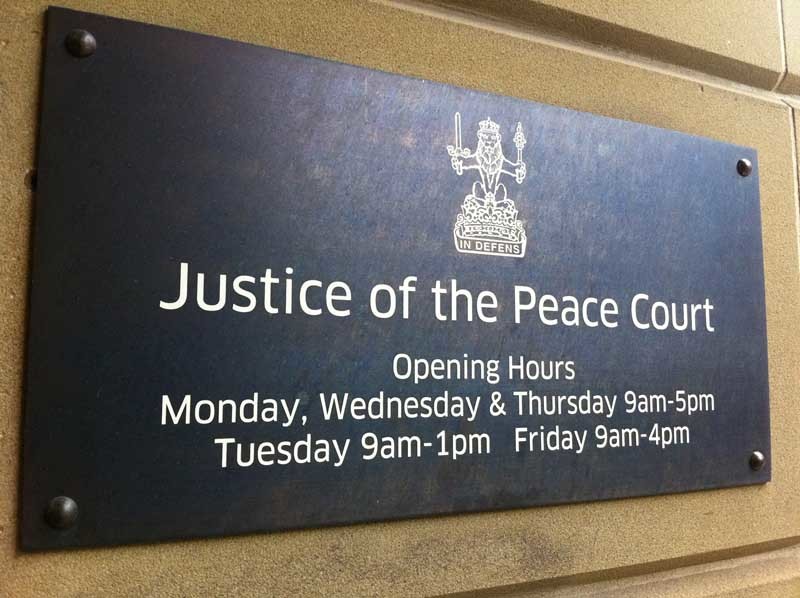Scottish courts could open at weekends and bank holidays under a radical and costly reform of the justice system.
The move is likely to be required under proposals to ensure all suspects appear in court within 36 hours of being arrested and placed in custody.
The details were unveiled in a Scottish Government consultation document published on Tuesday in response to the findings of a study into the justice system by High Court Judge Lord Carloway.
His review was prompted by a UK Supreme Court ruling that the Scots system allowing suspects to be held for six hours without access to a lawyer is incompatible with human rights law.
The Scottish Government indicated it would accept Lord Carloway’s recommendations for increased access to a lawyer in such circumstances.
But the consultation document warns that the move would have ”significant implications” on the public purse due to an increase in legal aid costs.
”The Government recognise that a change to provide for access to legal advice for persons not being questioned potentially implies a significant extension in the scale and scope of legal advice that will need to be provided,” it says.
”This, in turn, could have significant implications for legal aid in a time of reduced budgets, if such advice is to be publicly funded.”
On the issue of opening courts at weekends and bank holidays, the document warns that ”pragmatism” would be required to meet the 36-hour target.
”We believe that some pragmatism will be required about the timing of fully achieving the 36-hour target for bringing people before a court as this implies major operational changes in court sitting times and by extension major changes for Crown Office and Procurator Fiscal Service and defence agents.
”We do not envisage every court sitting every day. If there is a need for courts to be open at weekends and/or bank holidays, then we anticipate that this will be on the basis of a regional arrangement or potentially even a national arrangement, making use of video link technology.”
The Scottish Government confirmed it also intends to press ahead with plans to abolish the requirement for corroboration in Scots law.
Until now, every item of evidence has had to be corroborated either by two witnesses who agree, or with an item of physical evidence supporting witness testimony.
Justice Secretary Kenny MacAskill said: ”We all agree that our justice system as a whole needs to be fair and balanced.
”Lord Carloway has said that removing the requirement for corroboration does not upset that balance, but for those that do then the consultation provides a platform to tell us what they say needs to be done to redress this.
”The changes proposed by Lord Carloway are far-reaching and radical. There may be more prosecutions in serious cases. There may be a need for weekend courts. In the current climate, we cannot ignore the financial implications of the proposed changes and detailed modelling work will be required.
”However, our focus is firmly upon the best structure for our legal system and modernising it for the future.”
